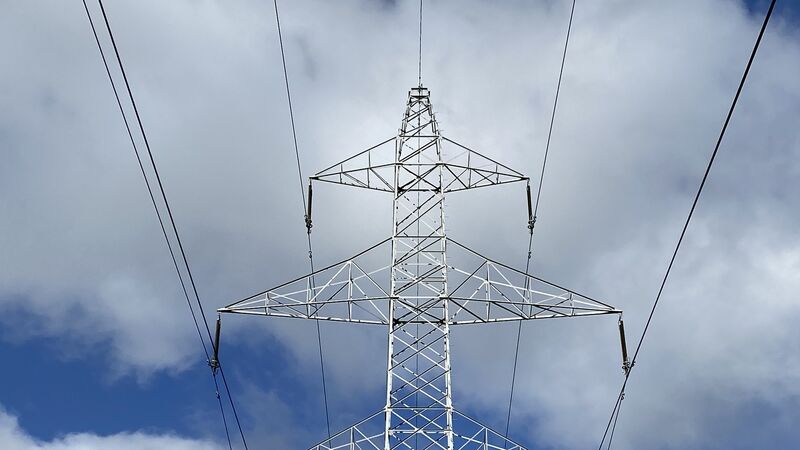Energy use declines by 8.8% during pandemic

Total energy consumption overall fell by 8.8% against a backdrop of a 5.4% contraction of the economy. Picture: Larry Cummins
Energy-related CO2 emissions fell by 11.5% in 2020, mainly due to lower consumption of oil-related transport. The figure is the most significant yearly reduction since the peak of the financial crash.
The Sustainable Energy Authority of Ireland (SEAI) national energy balance report found that the lower demand for oil contributed to the fall off of 4.3 million tonnes, as the Covid-19 pandemic took root in all facets of life.










